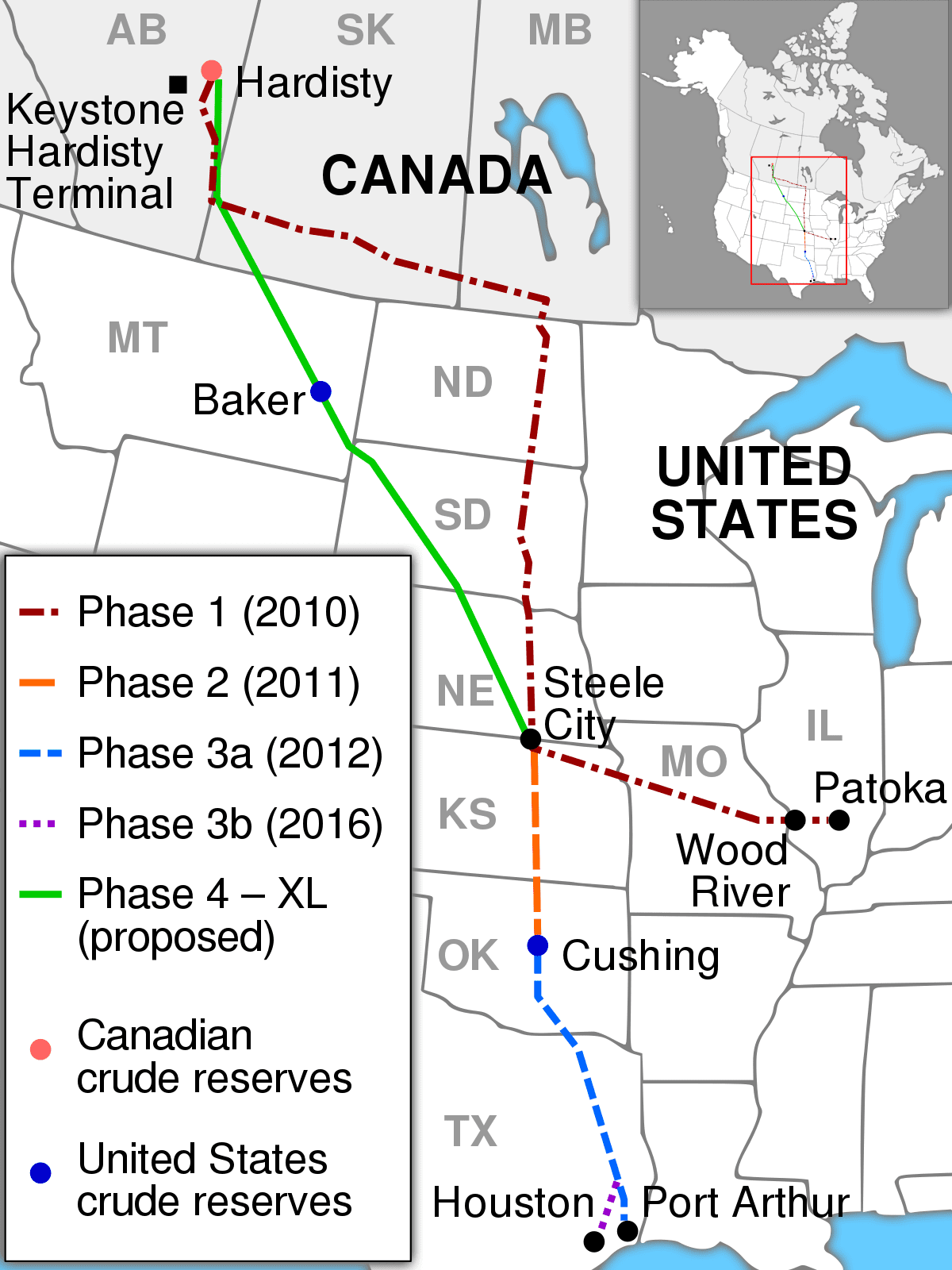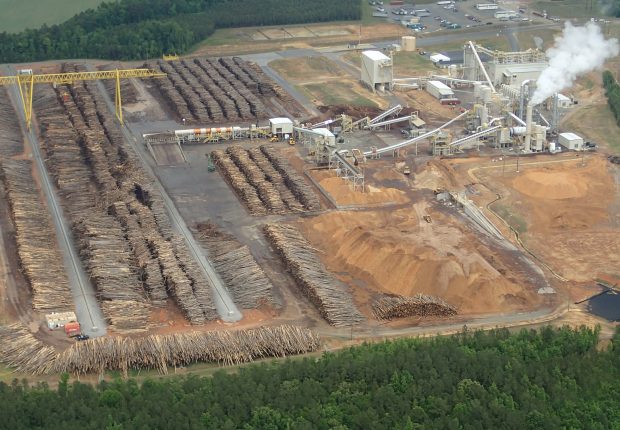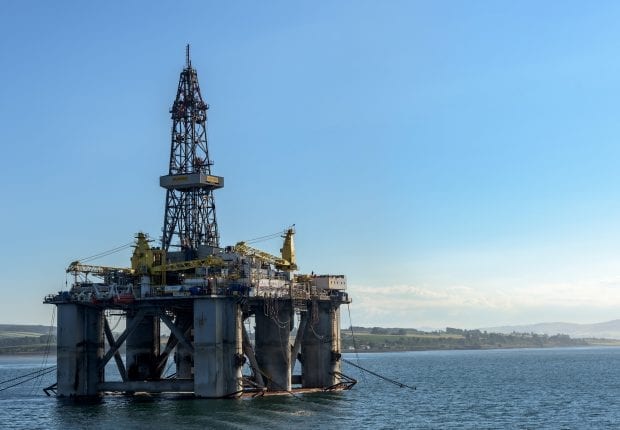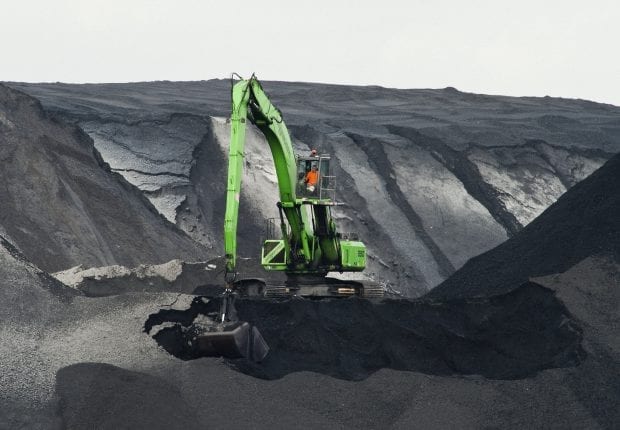TC Energy, formerly known as TransCanada, has been attempting to build the Keystone XL tar sands pipeline since 2008. For over a decade, Indigenous leaders, water protectors, environmentalists, ranchers, and lawyers have been resisting the project, engaging in direct actions, and waging a series of legal battles challenging the construction of the controversial pipeline. But TC Energy is still attempting to further construction of the project. BlackRock holds $1.6 billion in TC Energy (as of December 2020).

The Keystone XL pipeline would unleash a significant amount of carbon emissions that the climate cannot afford to take. Keystone XL would cross through tribal lands and sacred sites, and TC Energy has failed to secure consent from all of the tribes impacted along the route. Despite not having the necessary permits and the consent of the tribes along the route, TC Energy is starting to move forward with man camp, pipe yard, and pump station construction along Keystone’s XL route. This reckless behavior during a global pandemic will allow outside construction workers to endanger the health of rural communities along the pipeline’s route, as well as the workers themselves.
Indigenous nations and communities continue to deny consent to the KXL pipeline from crossing their territories.
Follow Indigenous Environmental Network to learn more and plug in.


